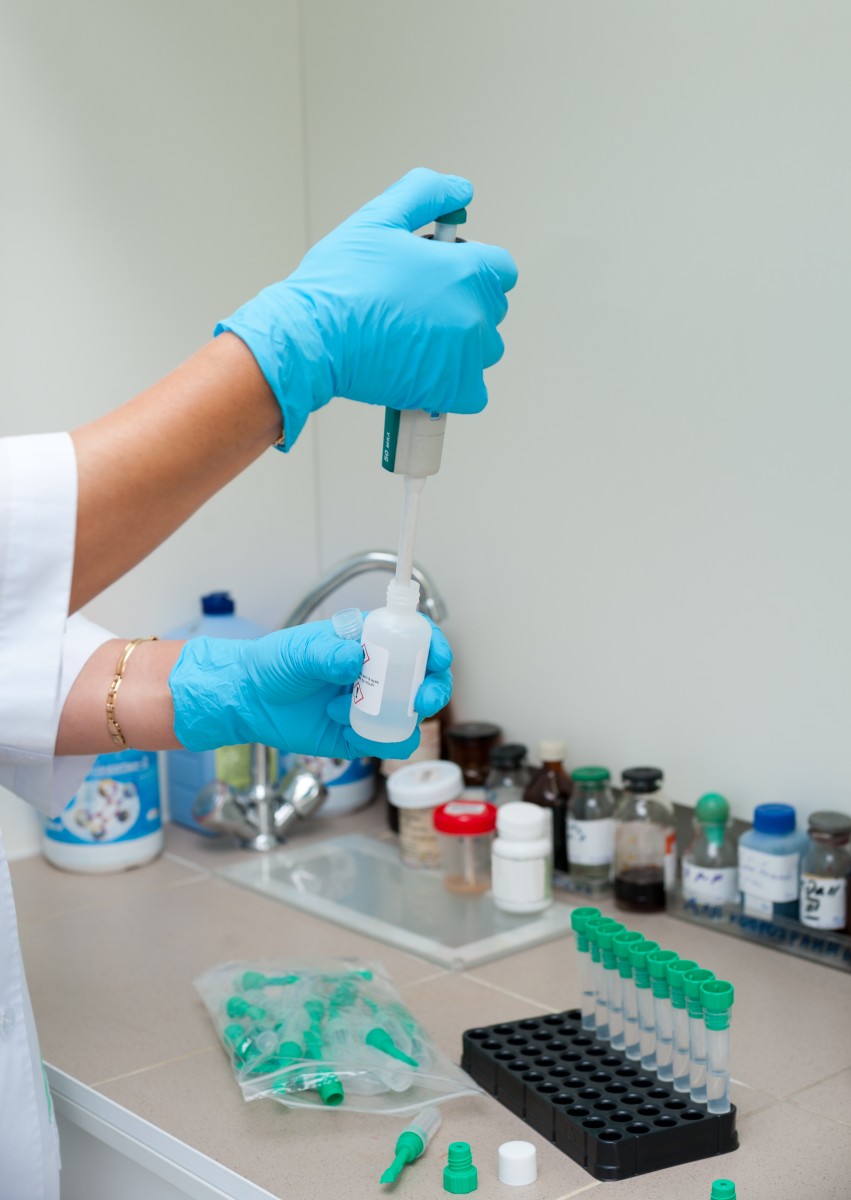Receptos, Inc. a biopharmaceutical company that develops drug candidates for the treatment of immune and metabolic diseases, recently announced positive results for the maintenance period of TOUCHSTONE, a Phase 2 clinical study examining the efficacy of ozanimod (previously known as RPC1063) for the treatment of ulcerative colitis (UC). According to a recent news release, after 32 weeks of treatment, the study met all the established efficacy endpoints with statistical significance for those patients under a dosing of 1 mg.
The tolerability and overall safety profile of ozanimod in this Phase 2 trial was in line with the results observed with the study induction period and also with those seen in another Phase 2 trial called RADIANCE that tested the drug candidate in patients with relapsing multiple sclerosis (RMS). These results support the efficacy of ozanimod (orally administrated) to improve the treatment of patients with UC.
TOUCHSTONE is a double-blind, randomized, placebo-controlled trial that evaluated the safety, tolerability and efficacy in 199 patients with moderate to severe UC that received one of two doses of ozanimod (0.5 mg and 1 mg) or a placebo. The trial was conducted in 13 countries across 57 research sites.
Results from the induction period revealed that the study met all its primary efficacy and all secondary endpoints after 8 weeks of treatment for patients that received 1 mg of the drug candidate. During the maintenance period, a total of 103 patients that reached clinical response at week 8 continued with treatment for an other 24 weeks.
According to the Mayo scoring criteria, at week 32, the proportion of patients in clinical remission was statistically significant in the 1mg group and well as in the 0.5 mg group (p < 0.05) in comparison to those under the placebo.
At week 32, all secondary endpoints were positive and statistical significant for the 1 mg dose group. These included change in the Mayo, score clinical response, and an improvement in mucosal. Receptos will present these results in an upcoming major scientific meeting.
Results also revealed that Ozanimod was well tolerated, with a similar proportion of adverse events incidence across the treatment groups and the placebo group. These were either mild to moderate averse events, however no major cardiac and hepatic problems were observed. Considering the liver transaminase elevations, these were found to be low and coherent with the earlier Phase 2 trial in RMS.
“The robust results observed in the maintenance portion of this trial support the longer term efficacy of ozanimod,” said Dr. William Sandborn, M.D., Professor of Medicine and Chief,Division of Gastroenterology and Director, University of California San Diego Inflammatory Bowel Disease Center. “Ozanimod appears to show effectiveness in both inducing and maintaining clinical remission and response in patients with ulcerative colitis, with a favorable overall safety profile.”
The company is planning to initiate a phase 3 trial in 2015 evaluating UC patients with moderate to severe disease activity in order to confirm these results. These findings indicate that ozanimod can be used in the treatment of Crohn’s disease, with Receptos planning to initiate a Phase 2 trial to assess the efficacy of ozanimod in this disease in 2015 as well.
“The positive results of the maintenance period of the TOUCHSTONE study exceeded our expectations with respect to the potential for long term clinical benefit of ozanimod in ulcerative colitis,” said Faheem Hasnain, President and Chief Executive Officer of Receptos in the news release. “The consistency of the efficacy data across the various endpoints for the high dose, combined with the favorable safety profile, gives us continued confidence to advance the development of ozanimod in inflammatory bowel disease. Having completed our end-of-phase 2 meeting with the FDA and Scientific Advice meetings with the Competent Authorities in Europe, we believe that we now have regulatory alignment and are prepared to accelerate the initiation of the Phase 3 program in ulcerative colitis.”

